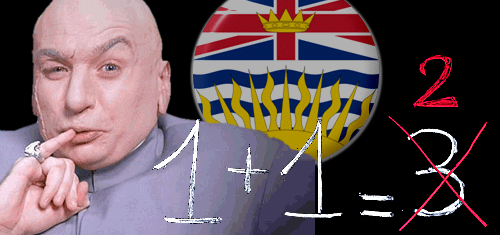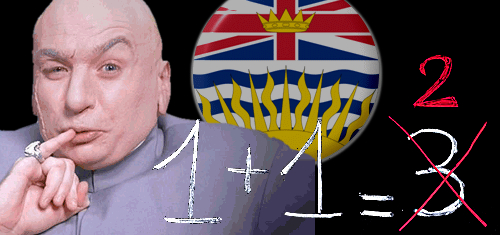This is a guest contribution by Valéry Bollier, co-founder and CEO of Oulala. If you would like to submit a contribution please contact Bill Beatty for submission details. Thank you.
2008 became the year when FanDuel launched the commencement of Daily Fantasy Sports. The relationship between games, sports and statistics was thus fruitfully revolutionized by this idea. The first great jump in the right direction came in the form of offering customers a real skill game. Customers were finally able to showcase their knowledge in sports to their peers and prove that their understanding was superior enough that it enabled them to become a better manager.
Initially, the market progressed at a rather slow rate, where FanDuel had only 4,000 customers to speak of in 2011. Incidentally, that also turned out to be the year of DraftKings’ arrival on the market, subsequently bringing about a healthy competitive spirit that highly benefited the sector’s growth. While FanDuel’s strategy helped them grow organically, DraftKings developed through a number of acquisitions. These respective strategies, in addition to the aggressive marketing strategy they had set in motion, led to a great growth spurt in their numbers, increasing at a rapid pace. By 2014, FanDuel had successfully acquired 1 million customers.
With this success under their belt, they both went on to raise $350M between August 2014 and August 2015. Despite becoming a major game changer, this money also influenced a major change in the whole nature of the game itself. Up until that point, DFS operators were viewed as real market places. Customers had the option to create or join leagues, enter money into a common pot and potentially go on to win that pot. The invisible hand (Adam Smith) was effective in auto regulating the customer market faultlessly due to the lack of any external influence prevaricating the market. Conversely, the vast marketing plan that followed was grounded on a simple formula, that is, to replace common pots with more attractive guaranteed prizes.











